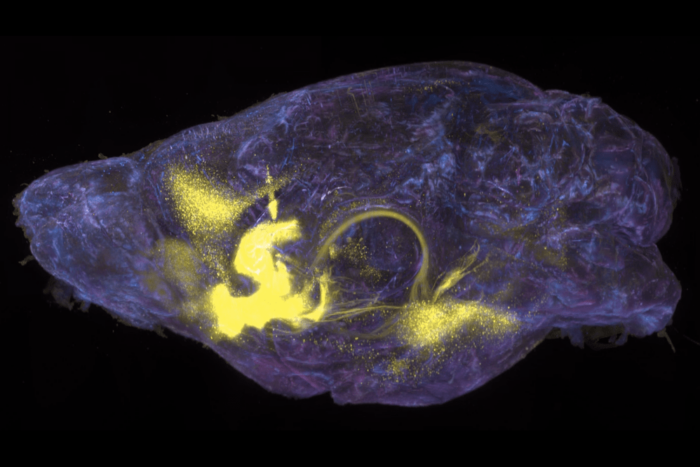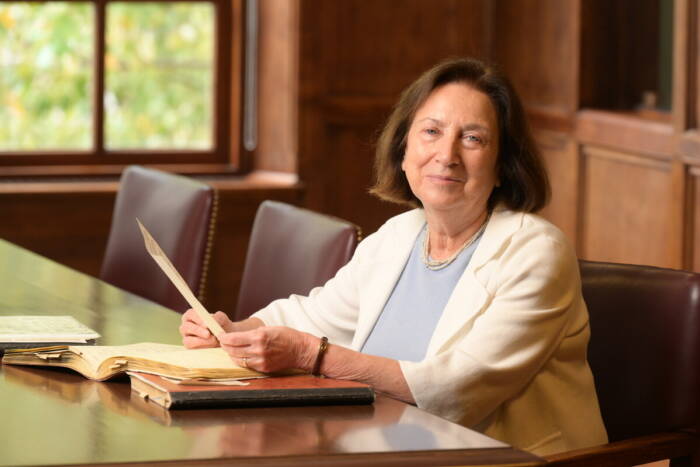An accreditation renewal, and the campus-wide endeavor to ensure continued safeguarding of research participants
Early this spring, the university was awarded full reaccreditation from the Association for the Accreditation of Human Research Protection Programs (AAHRPP), which sets the gold standard in safeguarding volunteers participating in clinical research. Although expected, the renewed endorsement is nevertheless a milestone in Rockefeller’s ongoing commitment to conducting clinical research at the highest level, marking the end of an extensive application process. A wide strata of community members were engaged in developing the university’s submission and in hosting a day-long site visit by AAHRPP representatives in December. The reaccreditation will be in effect for the next five years.
“It’s a great accomplishment for our Rockefeller team, and acknowledges that we are meeting the responsibility we have to protect the many volunteers who participate in our clinical research studies,” says Thomas P. Sakmar, Richard M. and Isabel P. Furlaud Professor and director of Rockefeller’s Human Research Participant Protection Program, the university’s governing body charged with protecting the welfare and rights of research volunteers. “This reaccreditation could not have been achieved without the wide participation and support across campus—from our Institutional Review Board, to our hospital team, to the clinical investigators, to the administrative support staff. Our HRPP requires the active involvement of the entire campus community,” says Sakmar.
Sarah J. Schlesinger, chair of The Rockefeller University Institutional Review Board (IRB), adds that developing improved systems to safeguard research participants is key to the university’s mission. “As investigators, we have to bring the same scientific and ethical rigor to the conduct and oversight of our studies as we do to the science itself,” she says. “It’s about relating to participants as if they were our own family members.”
To earn accreditation from AAHRPP, organizations need to prove that they have comprehensive policies, procedures, and practices in place to maintain a clinical research program that is scientifically and ethically sound, and demonstrate their commitment to continuous improvement.
In their letter, AAHRPP recognized Rockefeller’s development and use of a survey designed to gauge research participants’ perspectives on each stage of their experience as an “area of distinction.” Among other things, the survey asks about a person’s overall experience taking part in a study, whether they had felt any pressure to participate, and whether information was presented in a way they could understand.
IRB Vice Chair Rhonda G. Kost led the creation of the survey together with collaborators at 15 research centers, using focus groups with former participants, investigators, IRB chairs, and research coordinators to develop survey questions. In the course of several published studies, the questions were tested in over 10,000 participants to verify their statistical soundness.
The survey has been routinely offered to participants at Rockefeller for the past six years. Multiple institutions have adopted the assessment, generating information that Kost says will not only serve to improve the participant experience, but that could also help scientists develop better trial procedures by illuminating common obstacles to clinical research and identifying best practices.
“The clinical data gleaned from a trial is only one part of the equation,” she says. “If we are truly going to make our trials more efficacious, we need to pursue this ‘research-on-research’ that captures and acts upon the perspectives of our participants.”
Results from the survey have identified opportunities to improve communication about things that matter to participants—including expectations about possible delays and the sharing of research results—and are now being utilized to improve the participants’ clinical-trial experience.


